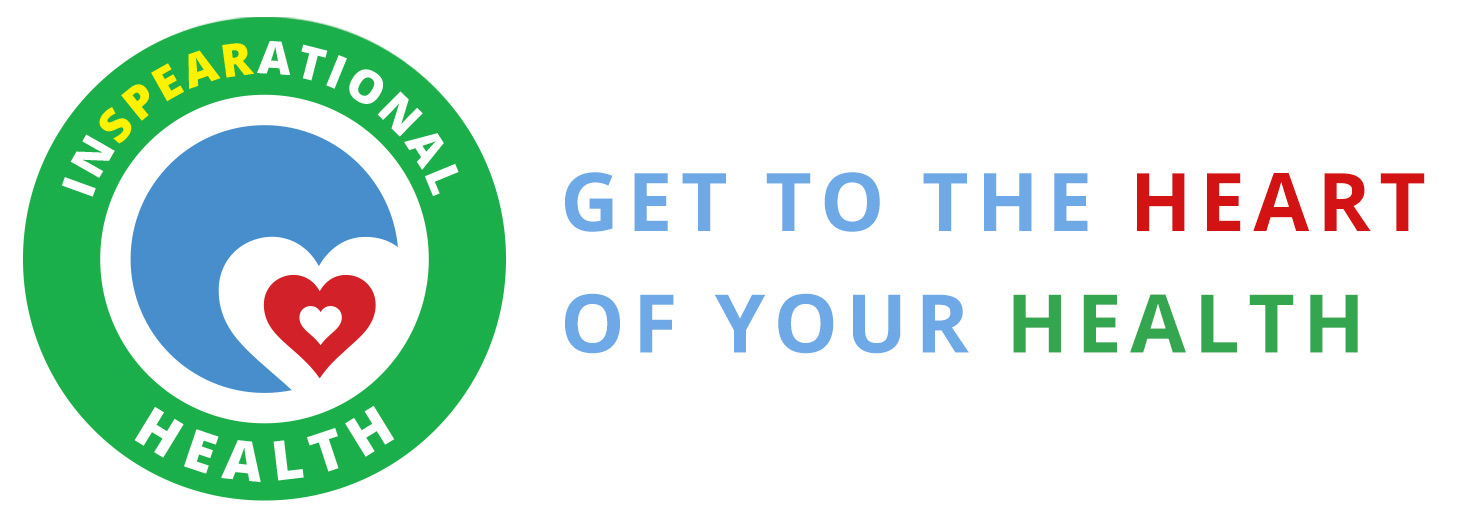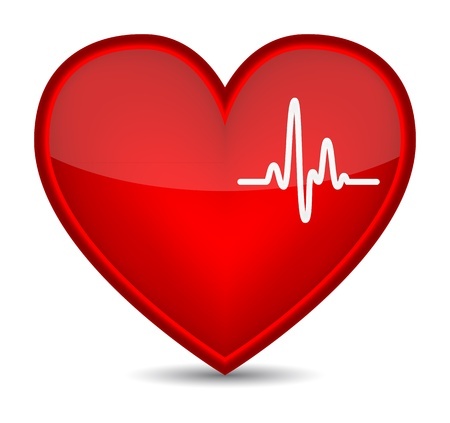Monday, my husband came home from work and shared some upsetting news. One of his California co-workers died over the weekend. He had a massive heart attack. This saddened me even though I didn’t know his co-worker. I thought about the impact on so many lives when we lose a loved one.
I know we have no guarantees of tomorrow. I also know that my choice to live a healthy lifestyle and not be victim to my genetics gives me no guarantees. For me, it is about finding that balance between living my healthy lifestyle and also being carefree enough to have no regrets when my final day does come.
When I was younger, I chose the path of “it won’t happen to me” when it came to my health. I knew my genetics provided me with an uphill challenge and I was also told I had high cholesterol. I made some small shifts in diet and activity. At that time, that is all I knew to do. Besides, I was young and didn’t realize what a lifelong impact my choices had on my health. Oh, if I knew then what I know now.
It took my dad’s heart attack for me to really take action. Now I am likely one of the most proactive people you will meet when it comes to my health. And I would love for everyone to shift their mindset to being proactive opposed to reactive.
The US “health care system” tends to be reactive. Don’t get me wrong, we have made amazing strides when it comes to technology and our lives. As I’ve said in a prior post, I prefer to rely on myself for my health as much as possible, opposed to our reactive health care system. I love this short article, To avoid sick care, practice proactive health care, that answers the question “What is health?” and how we can spend less time using the “sick” care system.
The health care system has outlined our preventive care schedule – when to have blood work done, mammogram screenings, a colonoscopy, etc. (See this post for more info) However, do people follow the guidelines? Do they have their preventive tests done, which generally are 100% covered through insurance so the cost is your time?
It seems that doing preventive health care tests is not as common as I’d like to believe. In speaking with numerous friends over the last month or two this became evident. Often times, people would rather not know than know. They believe if they are feeling fine that all is well. I can see where it would be easy to think this. I like to believe this too; however, I also like to be armed with information when it comes to my health.
This reminded me of a story Greg heard on NPR last year and he had sent me the link. The story has to do with the reaction of female co-workers in regards to their own health when a co-worker has been diagnosed with breast cancer (How a Woman’s Breast Cancer Diagnosis Affects Colleagues).
I was surprised to learn from this story that women are less likely to have a mammogram when a co-worker is diagnosed with breast cancer. It is easy for me to think I would still be diligent about my screenings in this scenario. The truth is, until you are in this scenario, all you can do is speculate about what you think you would do.
We are the only ones that can take control of our health. While the health care system outlines our preventive care schedule, they don’t enforce it. You have to take action yourself. Not only does it take having your tests and screenings done, it also takes being healthy on a daily basis in a way that works for you.
I really like this article that talks about preventive care and how practicing it saves money in the long run. The way I say it is “pay the price now or pay the price later” when it comes to our health.
The 28 days of heart health challenge was all about taking control of your health and learning that our health encompasses how we live day-to-day. Now that I am older, I know that stress management, self-care, food/diet, mental outlook, physical activity, and preventive health care all play a role in my health.
It took my dad’s heart attack for me to really get serious and get to the heart of my health. Don’t wait until something happens to yourself or someone you love to take steps at improving your health. You are never too young nor too old to take control of your health.

